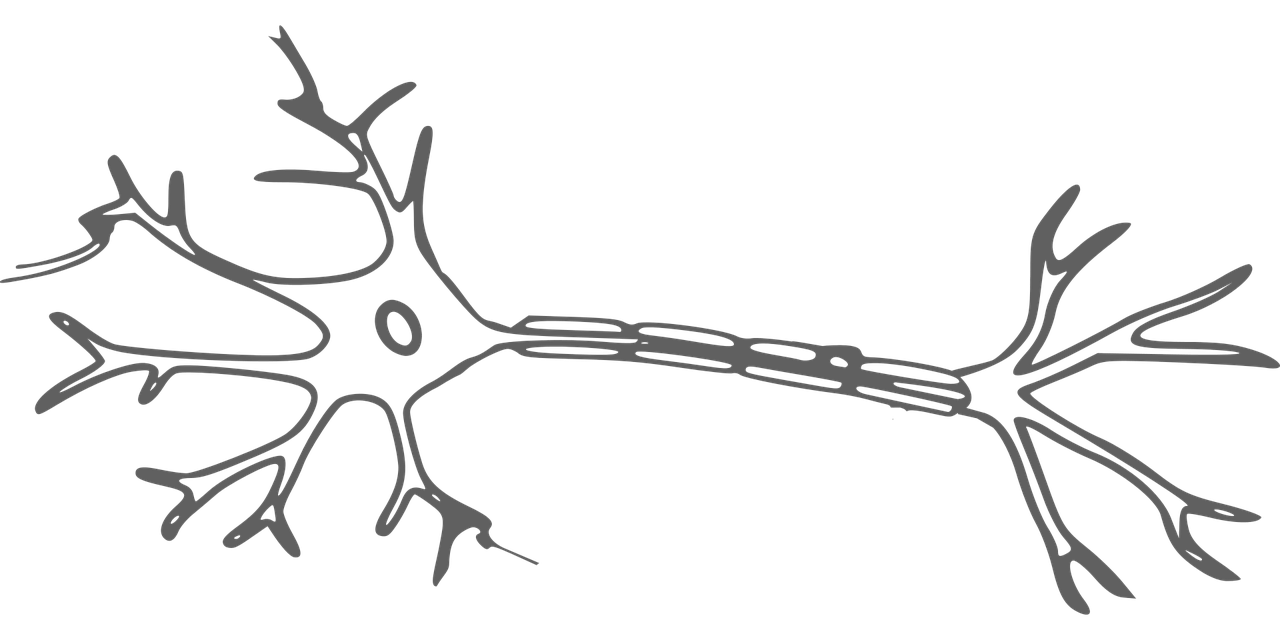Others - GSBS Medical Trust Mumbai
NCS:
A Nerve Conduction Study (NCS) is a medical diagnostic test commonly used to evaluate the function, especially the ability of electrical conduction, of the motor and sensory nerves of the human body.
NCV :
Nerve Conduction Velocity (NCV) is an important aspect of nerve conduction studies. It is the speed at which an electrochemical impulse propagates down a neural pathway. Conduction velocities are affected by a wide array of factors, including age, sex, and various medical conditions.
EMG :
Electromyography (EMG) is a diagnostic procedure to assess the health of muscles and the nerve cells that control them (motor neurons). Motor neurons transmit electrical signals that cause muscles to contract. An EMG translates these signals into graphs, sounds or numerical values that a specialist interprets.
VEP :
Visual Evoked Potential is a non-invasive testing method that provides objective information about the function of the entire vision system. VEP provides a means to measure the complete visual pathway, from the lens to the visual cortex, to detect mechanical or neural abnormalities related to vision.
BAEP :
The hearing test known as the brainstem auditory evoked response (BAER) or brainstem auditory evoked potential (BAEP) detects electrical activity in the cochlea and auditory pathways in the brain in much the same way that an antenna detects radio or TV signals or an EKG detects electrical activity of the heart.
RNS :
Repetitive nerve stimulation is used to diagnose neuromuscular junction (NMJ) disorders, the most common of which is myasthenia gravis. A decremental response (a smaller and smaller muscle response with each repetitive stimulus) is abnormal and indicates NMJ dysfunction.
What you need to do:
Fix your appointment in advance from the respective centre.
Kindly carry the patient’s history reports.
Kindly carry the doctor’s prescription.
Have food before undergoing the test.
A guardian or relative should preferably accompany the patient.
Bring or wear loose fitting clothing.
For neck and arm studies, it is helpful to wear a sleeveless shirt.
For back or leg problems, bring shorts.
Patient usually get their reports after 3 days of these tests. Kindly call the respective centre and collect the same.
Reports are available between 4:30 p.m. and 6:30 p.m.
For more details, kindly email us on info@gsbsmedicaltrust.org or call the respective centre.
Check the centre closest to you to see if the required tests are available:
✆ Health Rakshak: 7715026134
✆ Dharavi: 8828871982
✆ Mahim: 8828871981
Please note the following:
Plan to arrive 15 minutes before your scheduled appointment for the check-in process.
Your appointment with the physician, including the test, will take approximately 45 to 60 minutes. The length of a study varies depending on the condition. Most studies require 30 minutes or less. More involved studies, such as conditions affecting more than one extremity, may take more than an hour.
Take all of your medications as you normally would.
Inform your primary care physician in advance if you have a condition for which you would normally take antibiotics such as dental work, a heart murmur, an artificial heart valve, an artificial joint, etc.
In general, for EMG/NCS, prophylactic antibiotics are not required, but that decision should be made by your regular doctor.

